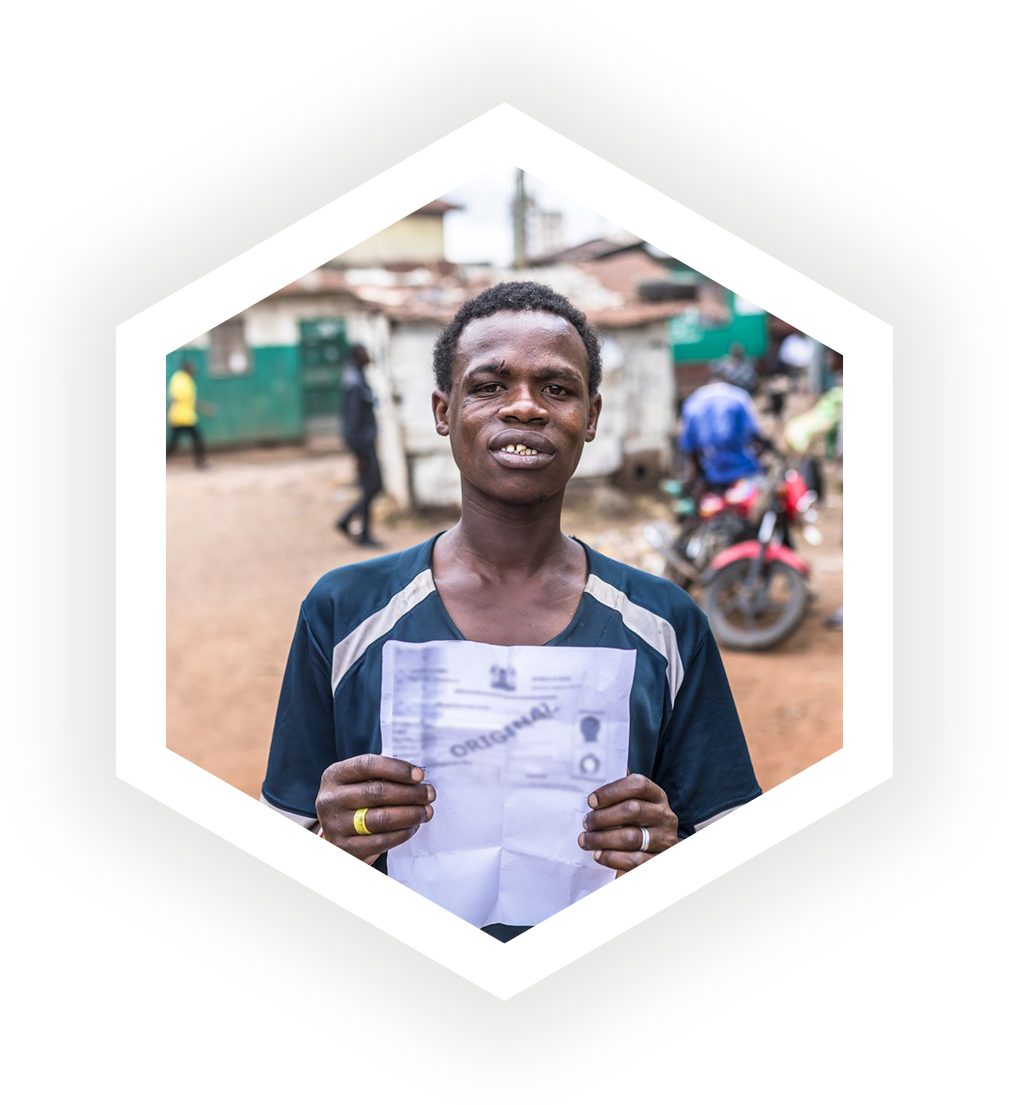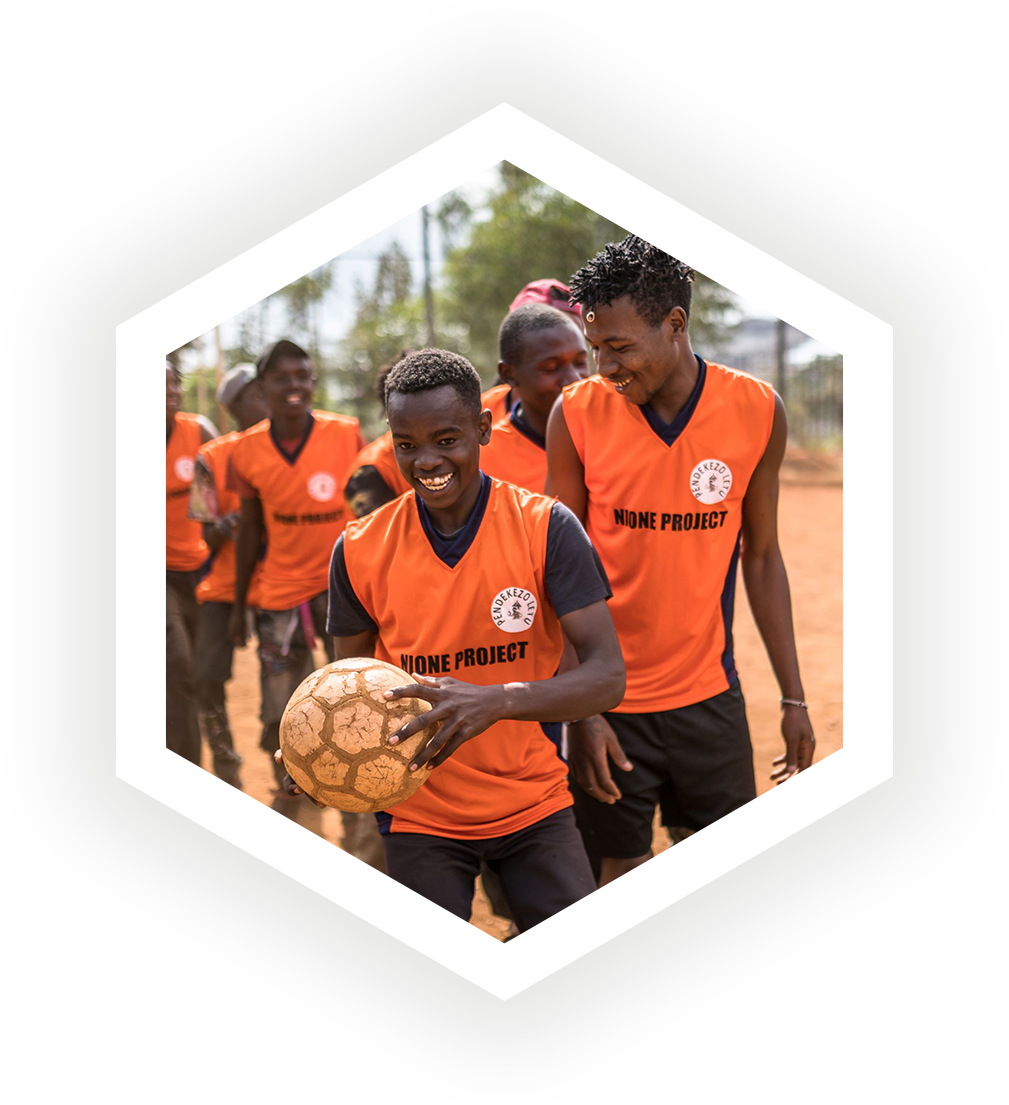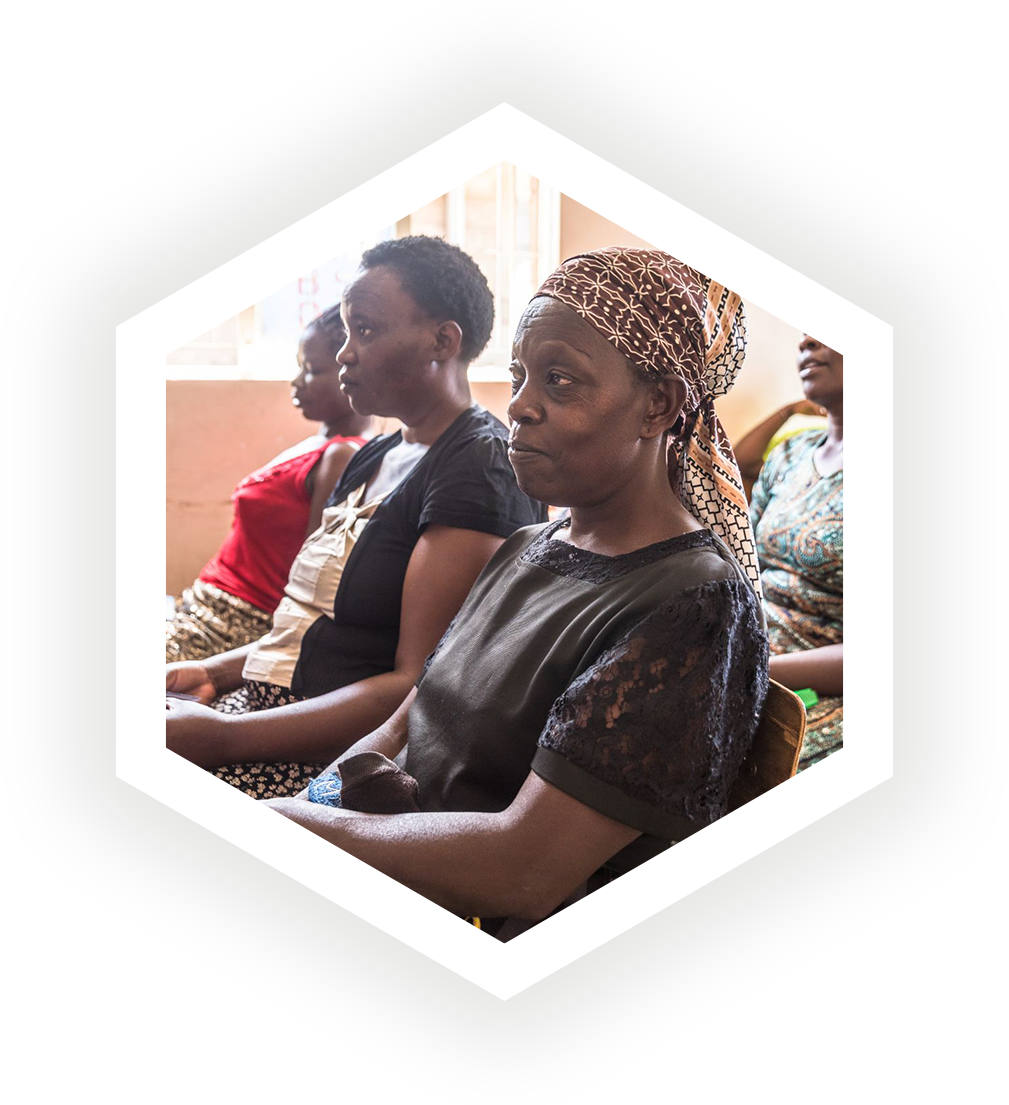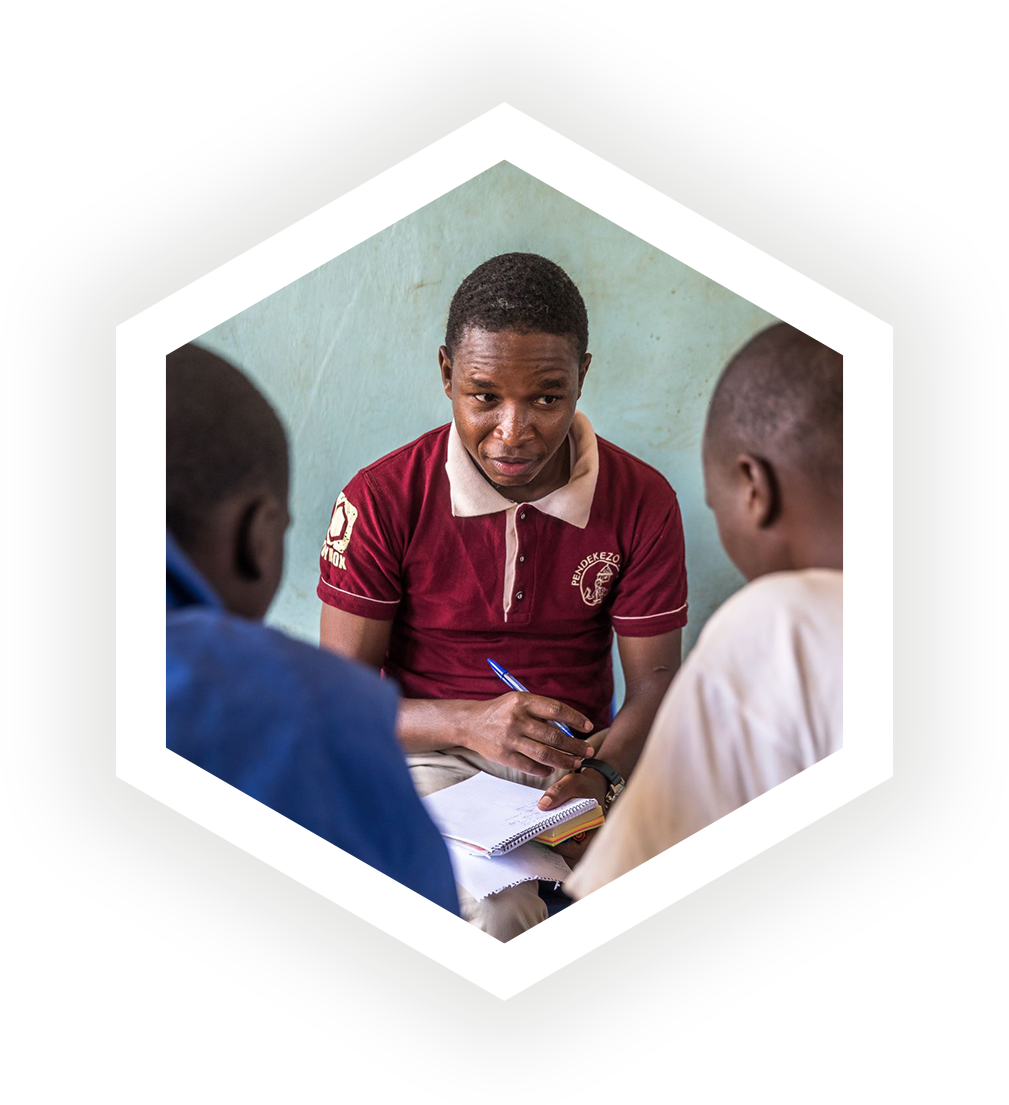The challenges
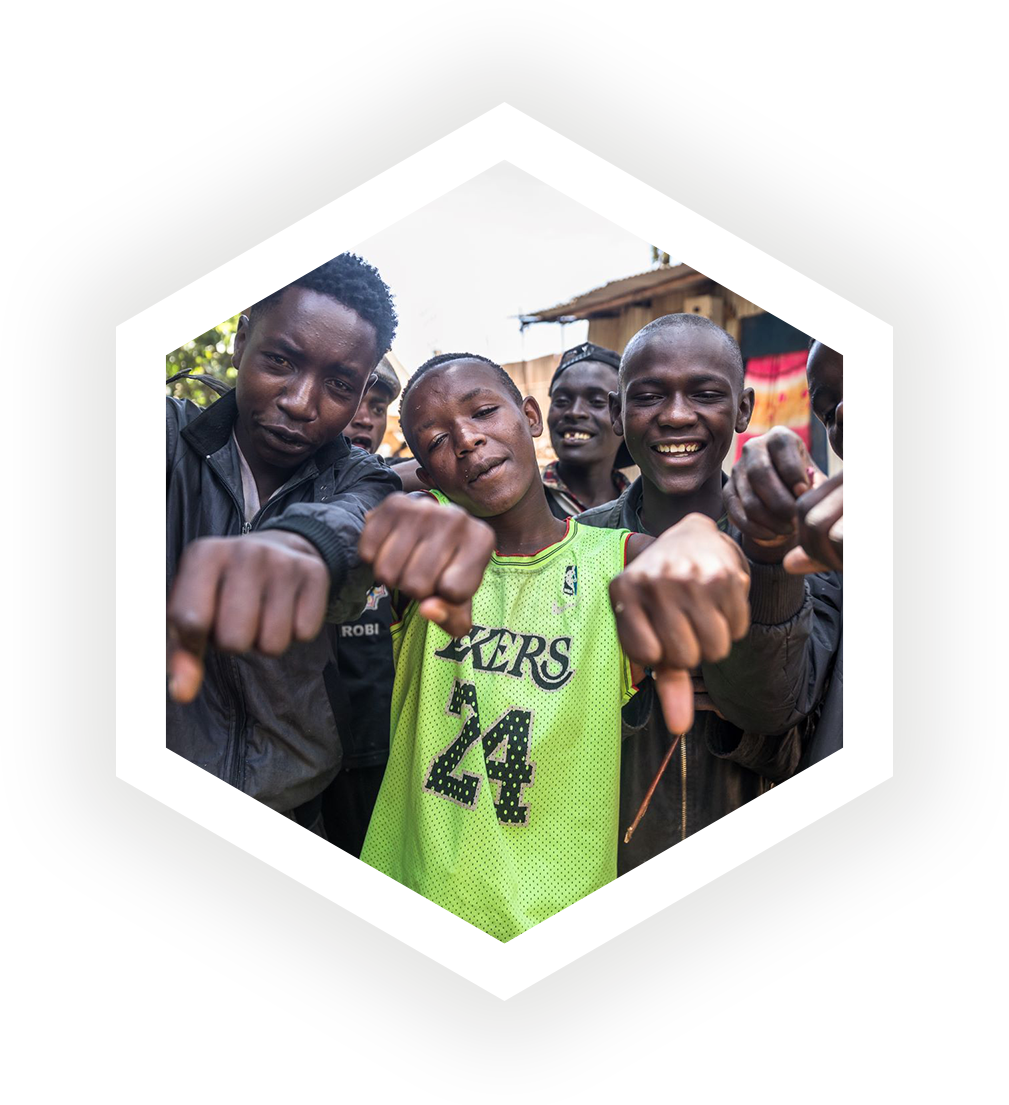
Discrimination
In Kenya, street children are still considered to be illegal and are often discriminated against as though they are breaking the law. They are regularly treated with violence and contempt by state authorities and members of the public. Children are often arrested simply for being on the street and detained in remand before they are brought to the court or released back onto the street. Despite the 2001 Children’s Act treating vagrancy, loitering and truancy by children as an indicator of their need for care and protection, street children found in these situations are routinely exposed to police harassment and detention.
Read moreIn certain areas in the country, there are local regulations and by-laws which penalise activities associated with living and spending time on the street. These laws further criminalise street children just for being visible on the street.
Many street children do not have a birth certificate or ID card and without one many face discrimination in their education and future job prospects. They are unable to sit for a secondary school exam or apply for a formal job.
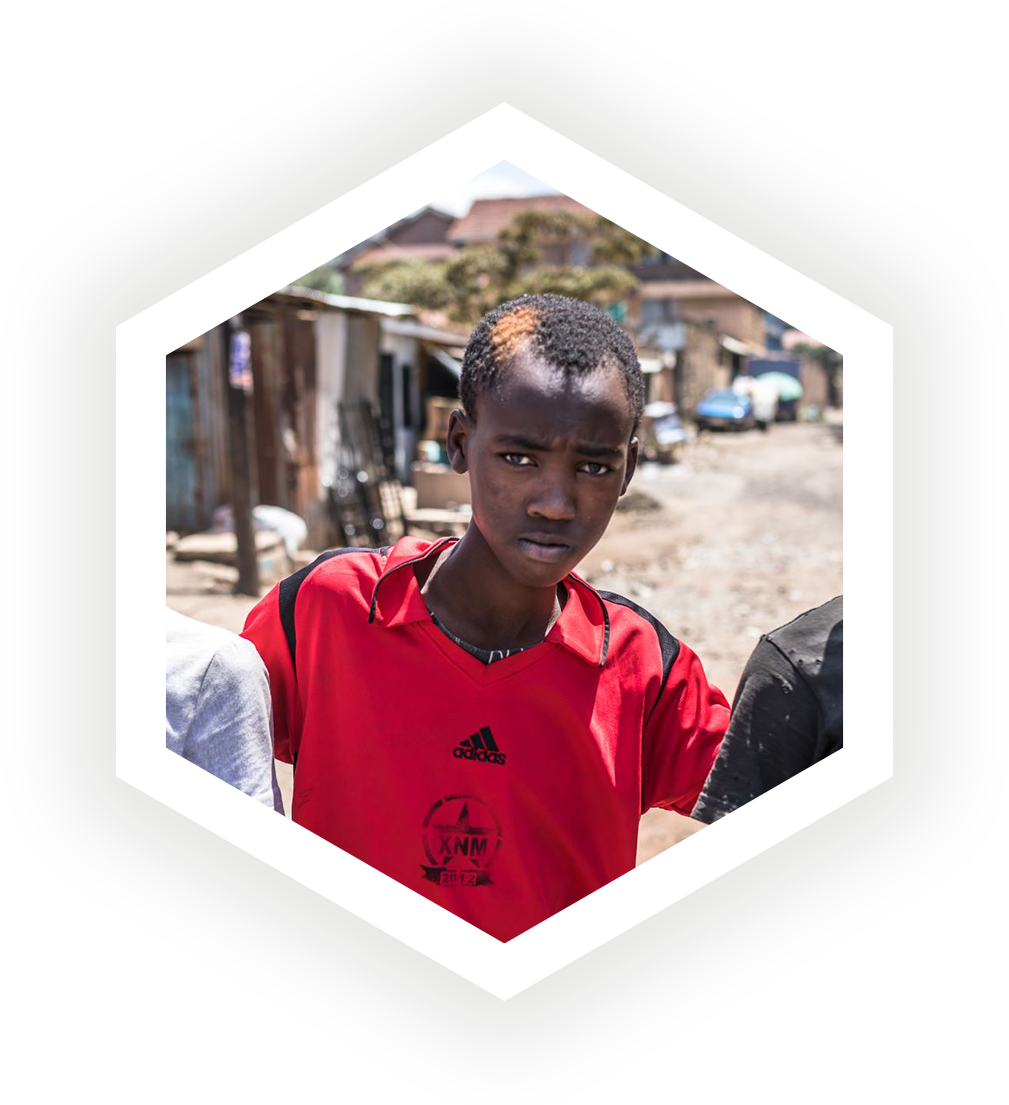
Limited protection of street children
While Kenya has developed policies and enacted laws to protect children, there is a lack of clarity on who is responsible for protecting street children in Nairobi, which has led to street children falling through the cracks of the Kenyan child protection system.
The Government mandated groups responsible for reporting and investigating child abuse cases are often uninformed on child rights and protection. There is also limited knowledge among police and county security forces on child rights and how to work with street children.
Read moreStreet children in Kenya face high levels of abuse. Round ups and arrests of children on streets for loitering are common. If a street child is arrested and is unable to prove their age or identity, they are placed in an adult prison cell. This results in them being in conflict with the law, without legal aid.
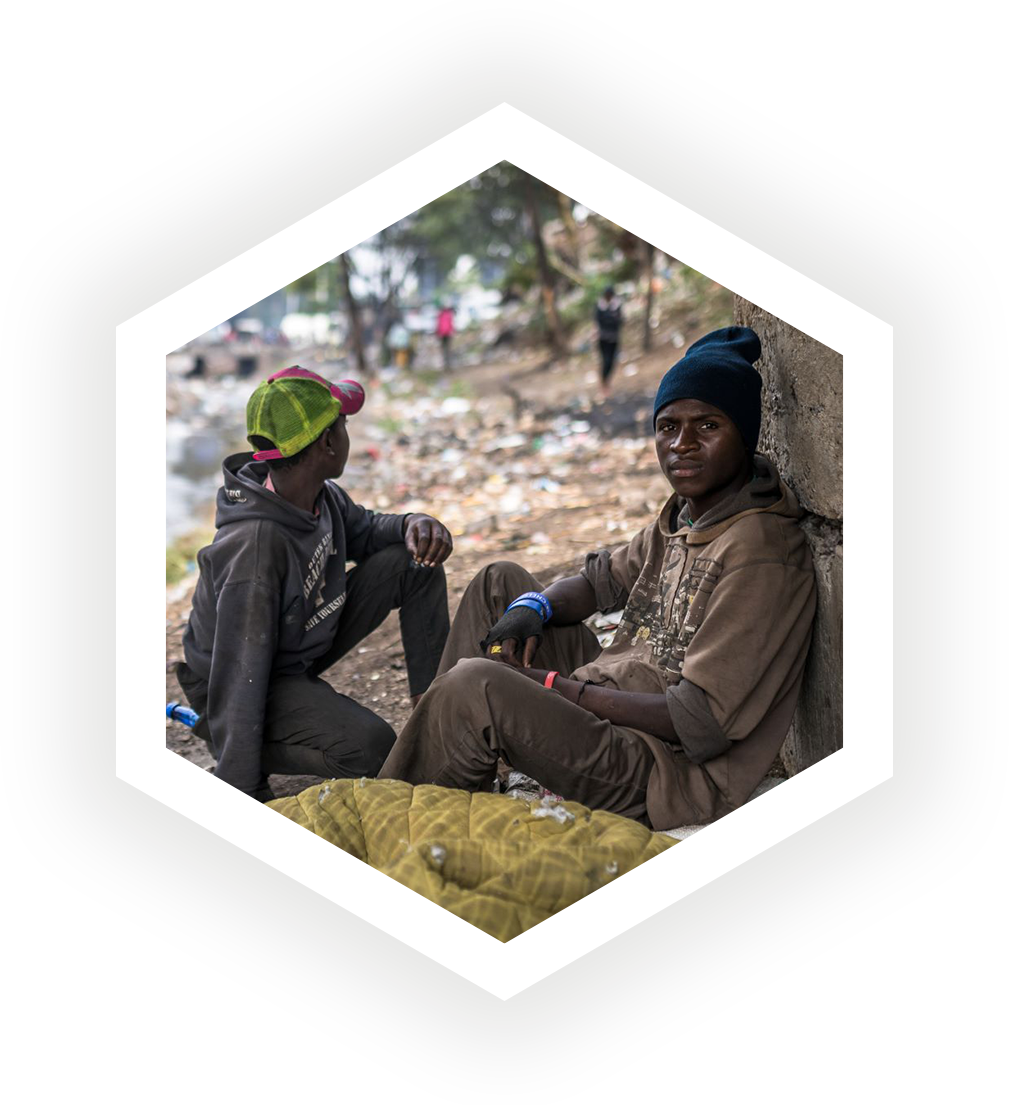
High levels of family abuse and poverty, pushing many children to the streets
Around 40% of Kenyans live below the poverty line, despite the country seeing strong economic growth in recent years. High levels of family abuse and poverty in the country are pushing many children to the streets of major cities. In Nairobi, an estimated 3,000 children sleep on the streets and over 46,000 families live and work on the streets. The country is also currently experiencing a youth bulge, with around 78% of the population below the age of 35. These young people struggle to secure sustainable employment, and many remain unemployed, putting them at high risk of becoming street connected.
